Scholarly Searcher - Academic Search Tool
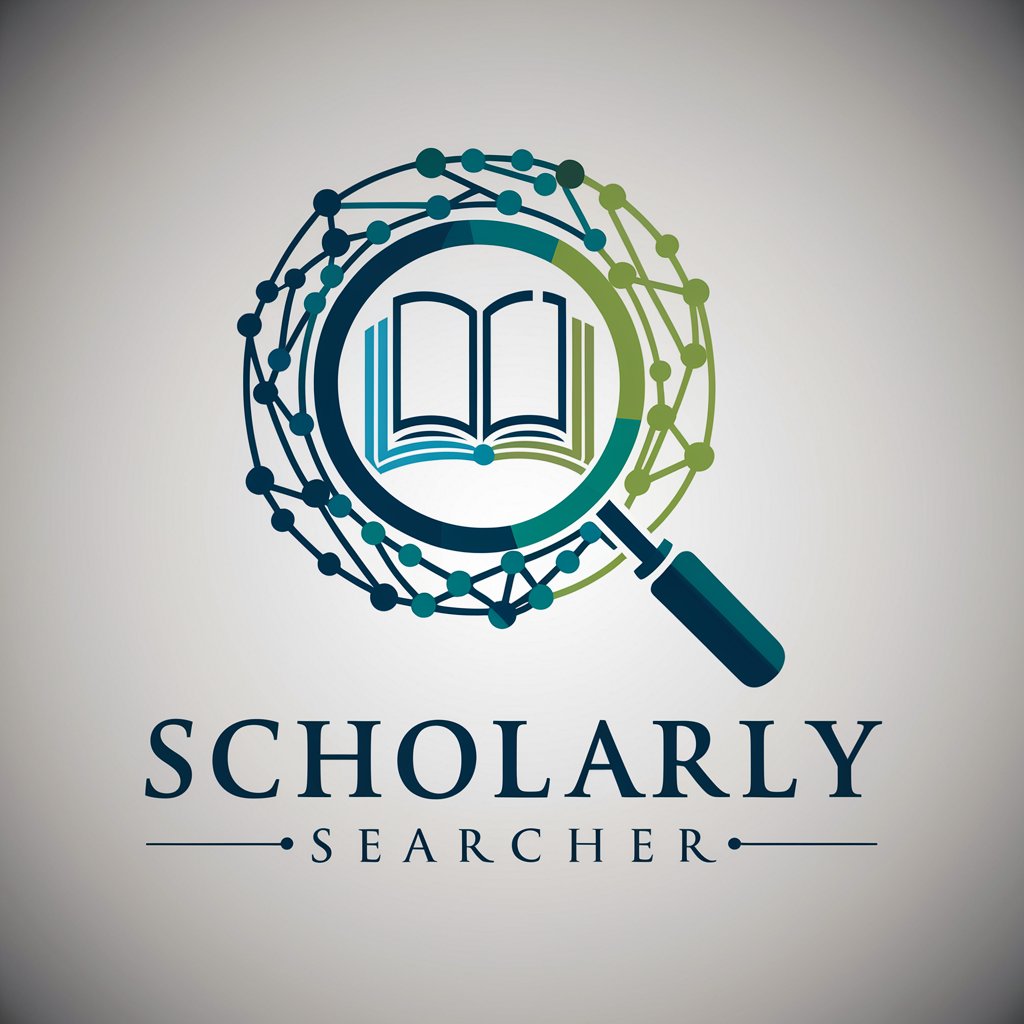
Welcome to Scholarly Searcher, your guide to academic excellence.
Power your research with AI-driven insights.
Explore the latest research trends in...
Summarize the key findings from recent studies on...
Find highly cited papers on the topic of...
Investigate the impact factor of journals publishing work on...
Get Embed Code
Understanding Scholarly Searcher
Scholarly Searcher is designed as an advanced academic research tool tailored for deep dives into academic literature. It stands out for its dual-platform approach, leveraging both Google Scholar and PubMed databases. This enables access to a vast array of academic materials, including high-impact factor journals, highly cited papers, and the latest publications across diverse disciplines. The purpose of Scholarly Searcher is to streamline the research process, making it easier for users to find, access, and synthesize academic information efficiently. For instance, when a user is looking for recent studies on neuroplasticity, Scholarly Searcher can quickly identify key articles, reviews, and meta-analyses from reputable journals, providing a comprehensive overview of current findings and methodologies in the field. Powered by ChatGPT-4o。

Core Functions of Scholarly Searcher
Comprehensive Literature Search
Example
Identifying all relevant publications on 'CRISPR gene editing' within the last five years.
Scenario
A graduate student is embarking on a thesis project and needs to review the most recent and impactful research on CRISPR technology. Scholarly Searcher facilitates this by filtering through thousands of articles to present the most cited and relevant papers, enabling the student to build a solid literature review.
Cross-Disciplinary Research Support
Example
Exploring the interdisciplinary connections between artificial intelligence and psychiatry.
Scenario
An academic researcher is investigating how AI can be used to diagnose mental health conditions. Scholarly Searcher aids by providing access to a broad spectrum of articles across both technical and medical fields, highlighting key studies, reviews, and clinical trials that showcase the integration of AI in psychiatric evaluations and treatment plans.
Access to High-Impact Factor Journals
Example
Accessing publications from the Journal of Clinical Oncology.
Scenario
A medical professional looking to stay updated with the latest cancer research findings uses Scholarly Searcher to access articles from high-impact journals. This ensures they are informed about groundbreaking treatments and research trends, which is critical for advancing patient care.
Who Benefits from Scholarly Searcher?
Academic Researchers
Individuals engaged in rigorous academic work, including professors, post-docs, and research fellows. They benefit from Scholarly Searcher's ability to provide comprehensive literature reviews, access to cutting-edge research, and identification of gaps in the current knowledge.
Graduate and Postgraduate Students
Students working on theses, dissertations, or other research projects who need to conduct extensive literature reviews. Scholarly Searcher assists them in finding relevant studies quickly, helping to establish a solid foundation for their academic work.
Healthcare Professionals
Doctors, nurses, and other medical staff seeking to stay abreast of the latest research findings in their field. Scholarly Searcher offers easy access to the latest studies and clinical trial results, which can inform better patient care and treatment strategies.

Using Scholarly Searcher: A Guide
1
Visit yeschat.ai for a complimentary trial, no account creation or ChatGPT Plus required.
2
Choose between Google Scholar and PubMed options based on your research needs. Google Scholar offers a wide range of academic materials, while PubMed specializes in biomedical literature.
3
Input your research query in the search box. Use specific keywords or phrases to narrow down results to the most relevant articles and papers.
4
Review the generated list of references. Scholarly Searcher provides summaries, publication details, and direct links to the full texts.
5
Utilize the tool for various academic purposes such as literature review, citation finding, and staying updated on recent publications in your field. For optimal results, refine your searches with advanced search parameters when possible.
Try other advanced and practical GPTs
Scholarly Searcher
Empowering Your Search with AI
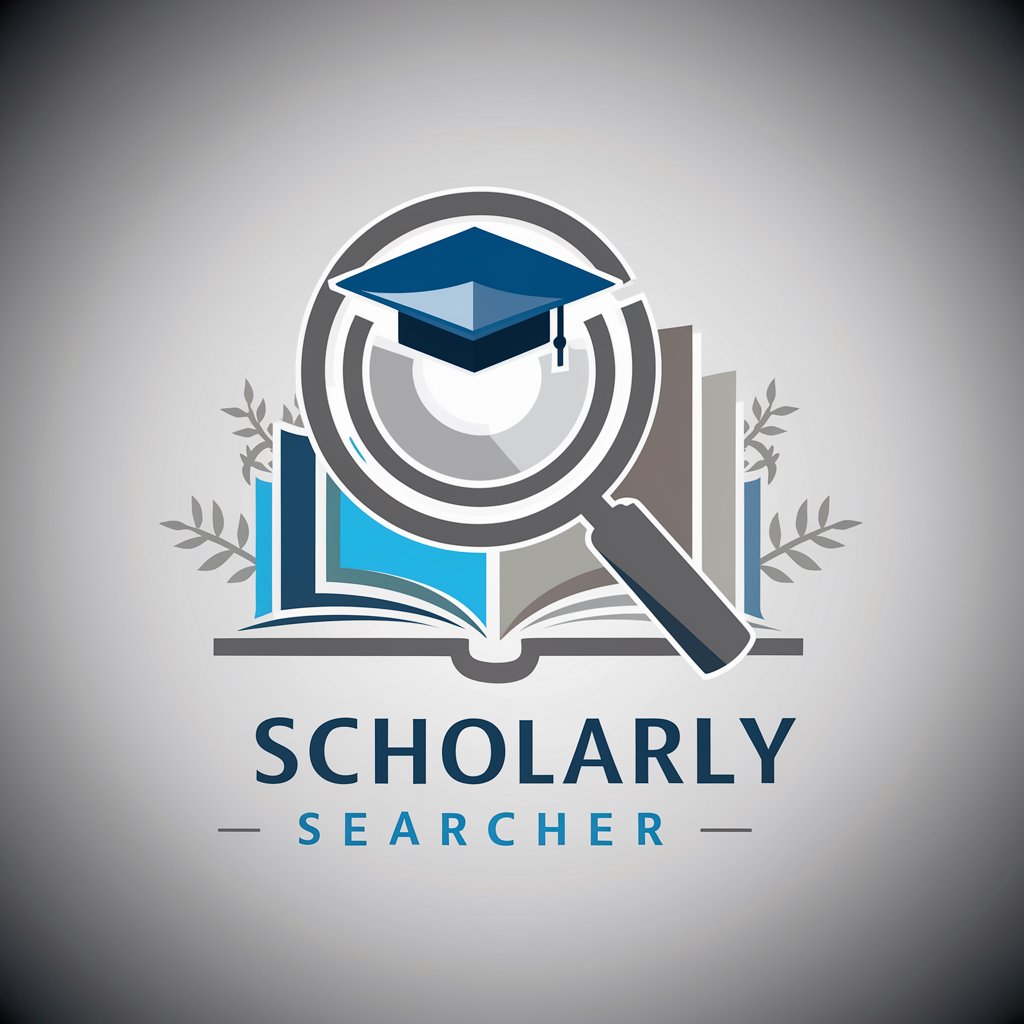
Smart Searcher
Elevate your search with AI intelligence.
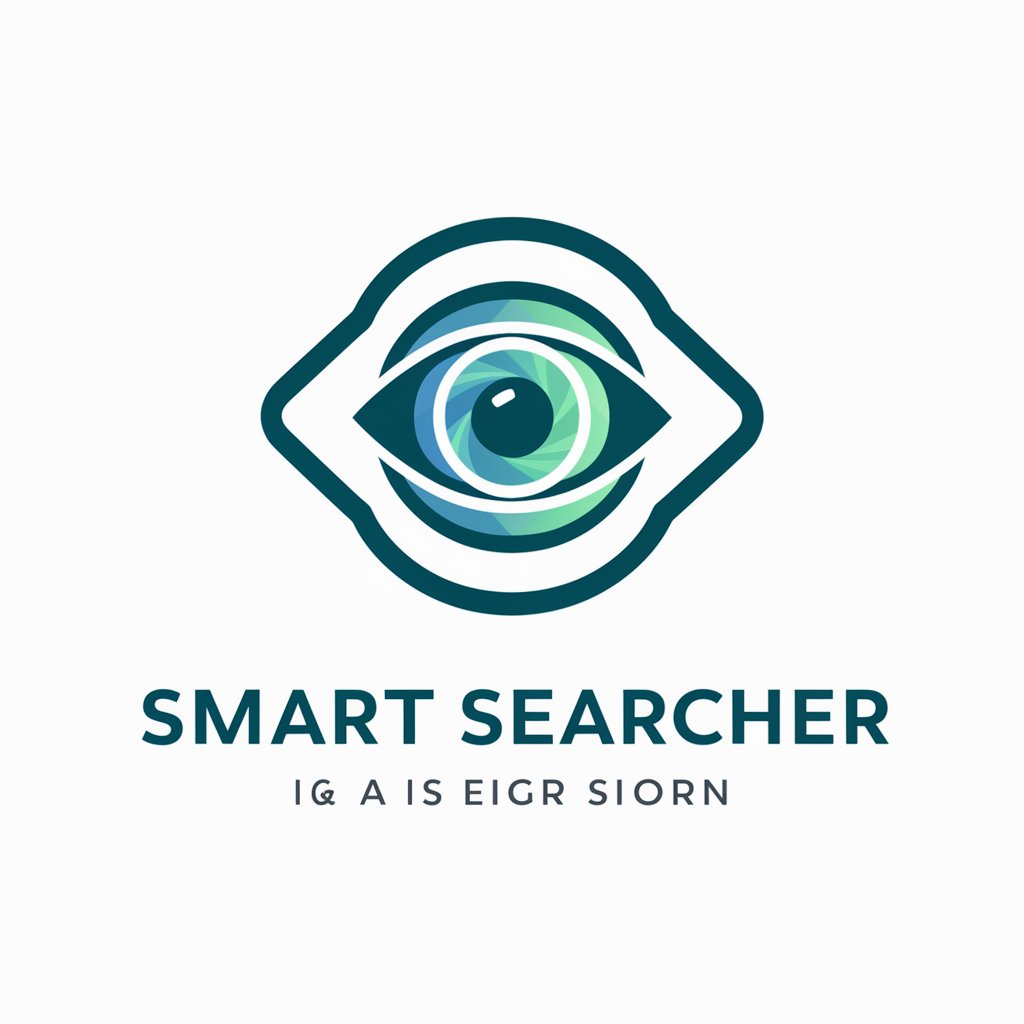
Scholar Searcher
Powering research with AI-driven insights.
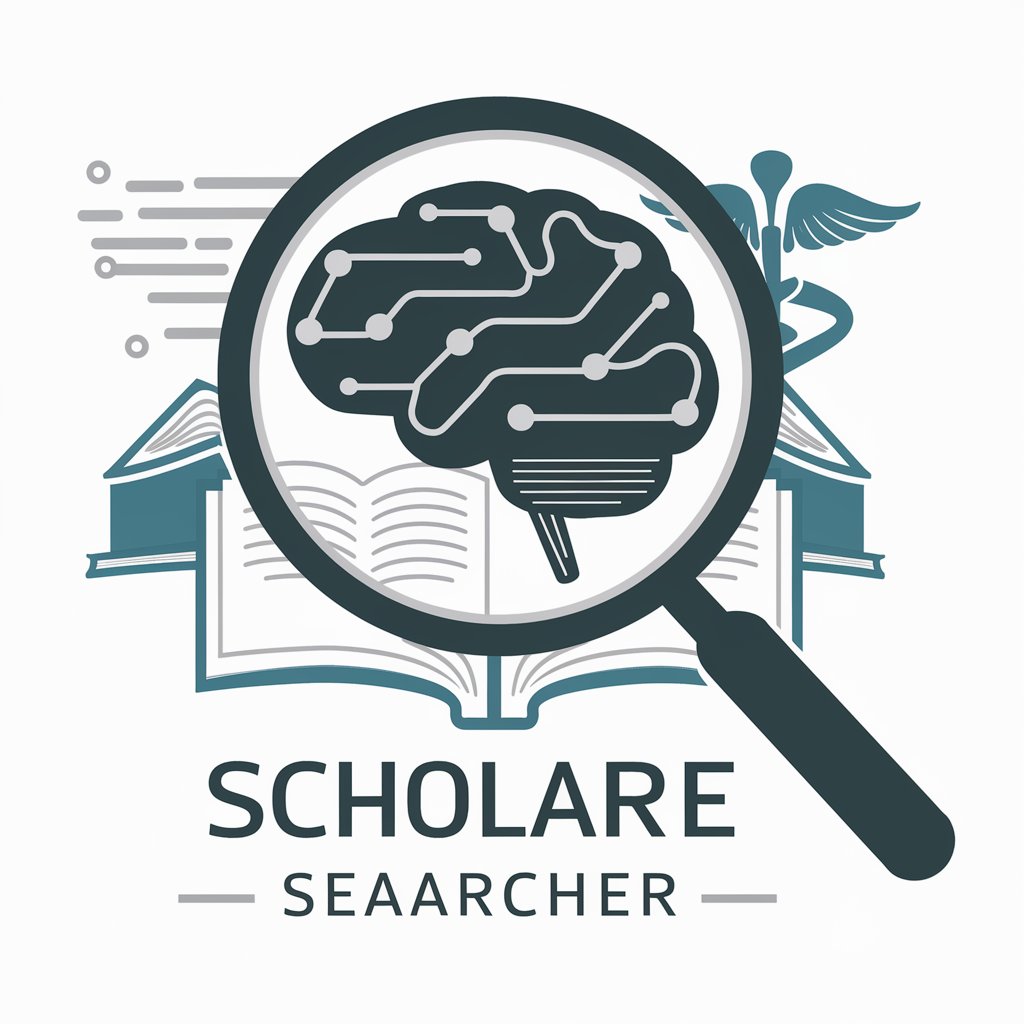
Patent Searcher
Illuminate Innovation with AI

Python Pro
AI-powered Python coding assistant
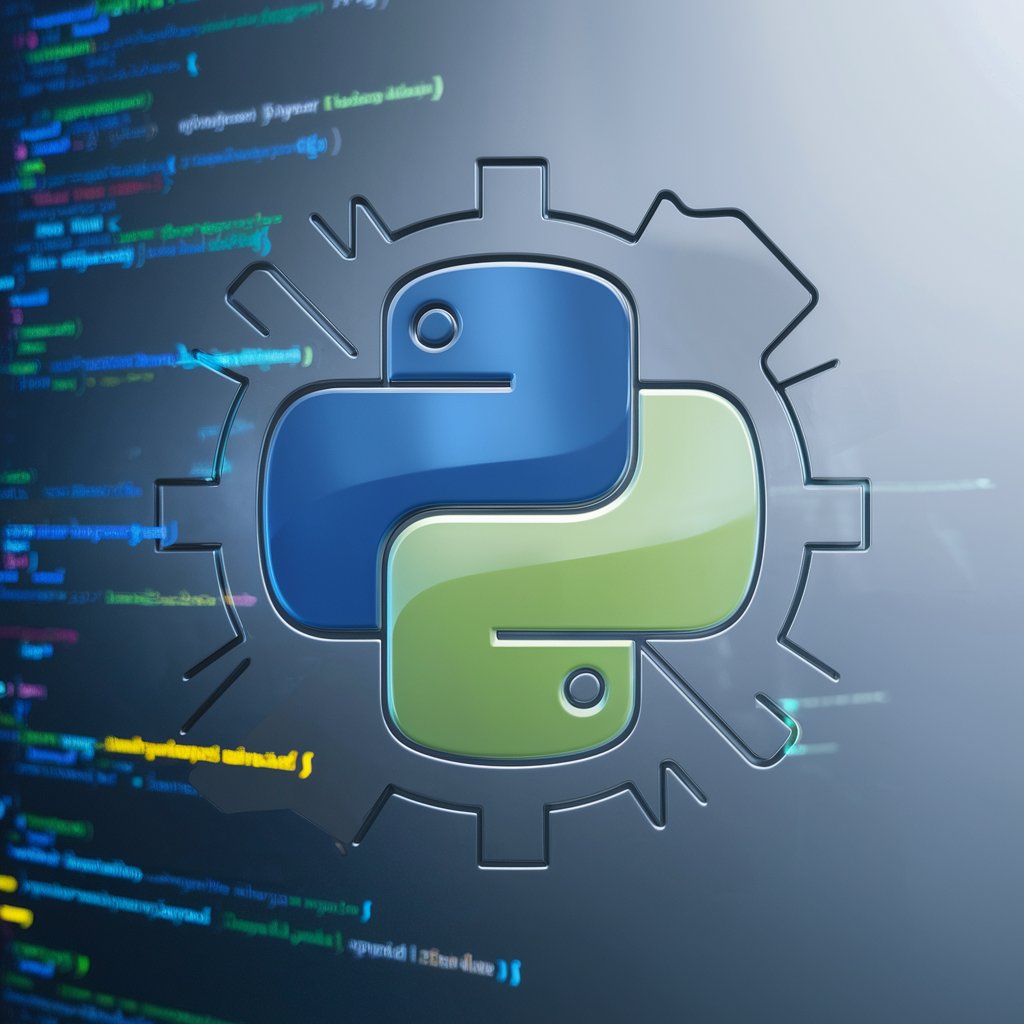
Project-Based Coder
Your AI-powered coding companion

WoS Scopus Searcher
AI-powered academic research enhancer

Pope Leo the Great
Bringing ancient wisdom to modern questions

Custom GPT Heist Guard
Guarding your AI against digital heists.

Cybersecurity Expert
Empowering digital defense with AI.

Karen GPT
Elevate your complaints with AI humor

Etherexus - the Empath Guru
Navigate Life with Empathy and Strength
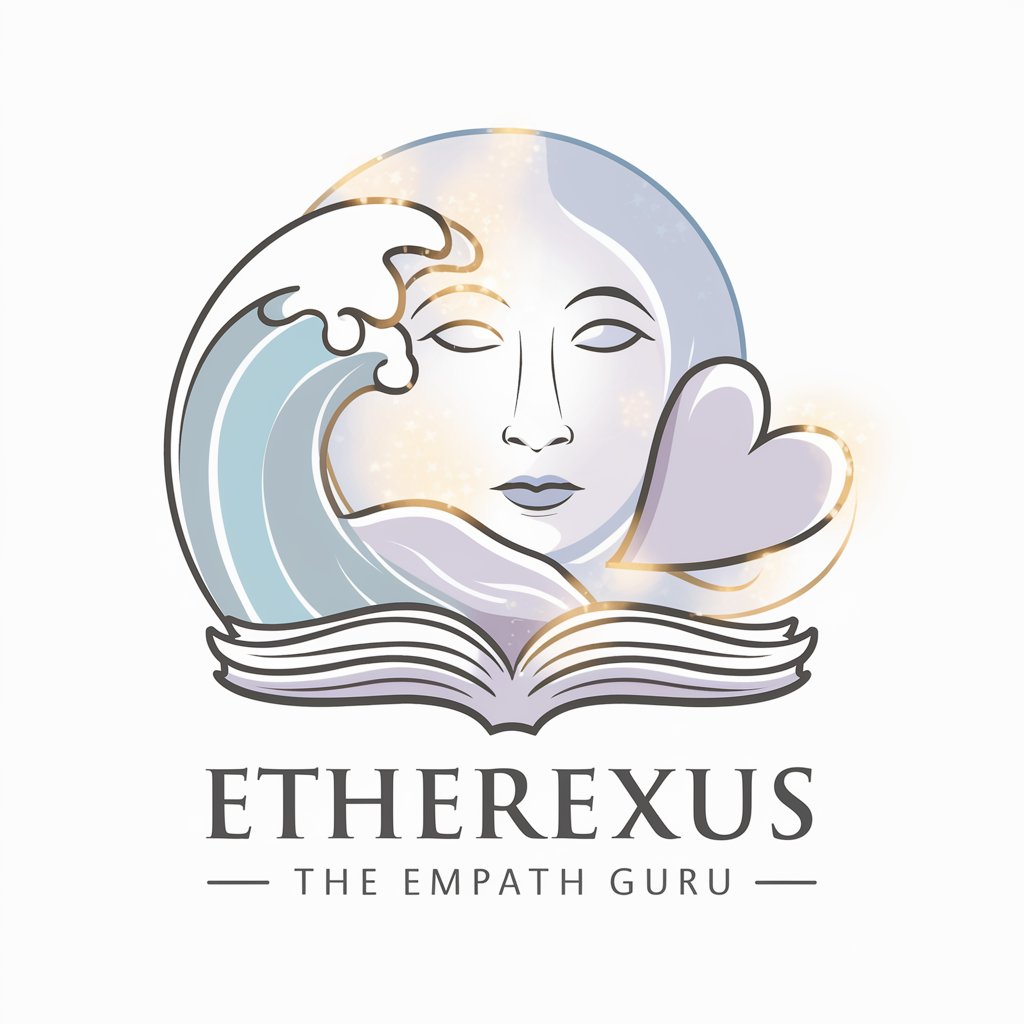
Frequently Asked Questions about Scholarly Searcher
What differentiates Scholarly Searcher from other academic search engines?
Scholarly Searcher leverages both Google Scholar and PubMed databases, offering a comprehensive coverage of academic materials across a wide array of disciplines, including highly cited papers and recent publications.
How can Scholarly Searcher aid in academic writing?
By providing access to a vast range of sources, Scholarly Searcher helps in identifying relevant literature, ensuring citations are up-to-date, and assisting in the formulation of literature reviews.
Can Scholarly Searcher assist in finding high-impact factor journals?
Yes, through targeted searches, users can discover articles published in high-impact factor journals, aiding in the identification of prestigious publications within their field.
Is Scholarly Searcher suitable for students?
Absolutely, students at all levels can utilize Scholarly Searcher to find scholarly articles, papers, and other academic materials for assignments, projects, and thesis work.
What are some tips for using Scholarly Searcher effectively?
Utilize specific, relevant keywords for your search queries, explore both Google Scholar and PubMed for comprehensive research, and take advantage of the summaries and publication details provided for each reference.
